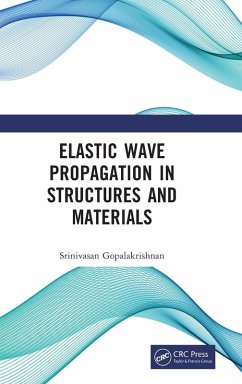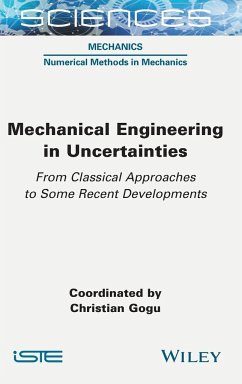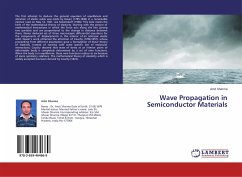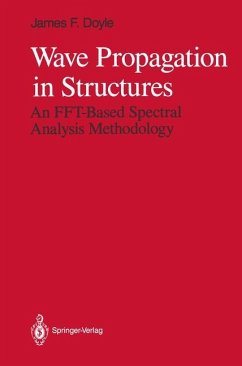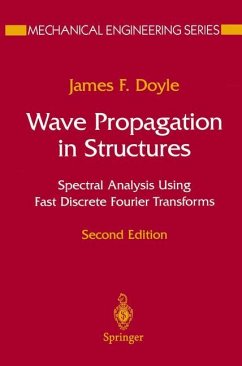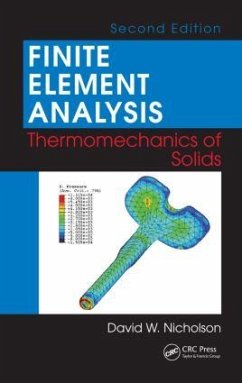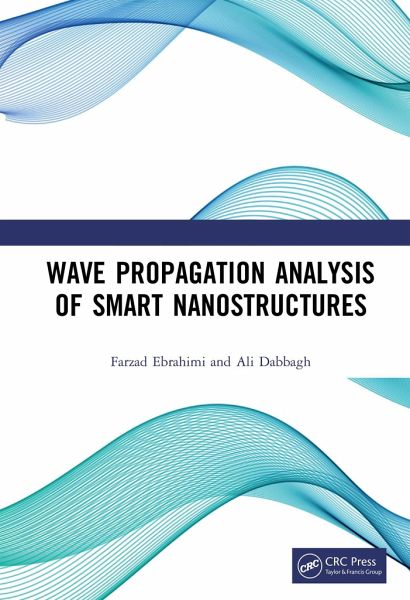
Wave Propagation Analysis of Smart Nanostructures
Versandkostenfrei!
Versandfertig in 1-2 Wochen

PAYBACK Punkte
85 °P sammeln!




Wave Propagation Analysis of Smart Nanostructures presents a mathematical framework for the wave propagation problem of small scale nanobeams and nanoplates manufactured from various materials including functionally graded composites, smart piezoelectric materials and smart magneto-electro-elastic materials.
Farzad Ebrahimi is an Associate Professor in the Department of Mechanical Engineering at the Imam Khomeini International University (IKIU), Qazvin, Iran. He received his Ph.D. from the School of Mechanical Engineering of the University of Tehran at 2011. Thereafter, he joined IKIU in 2012 as an Assistant Professor and was elected as Associate Professor in 2017. His research interests include mechanics of nanostructures and nanocomposites, smart materials and structures, viscoelasticity, composite materials, functionally graded materials (FGMs), and continuum plate and shell theories. He has published more than 300 international research papers, and is the author of 2 books about smart materials; he has also edited 3 books for international publishers. Ali Dabbagh is studying for his M.Sc. in the School of Mechanical Engineering, College of Engineering, University of Tehran, Tehran, Iran. His research interests include solid mechanics, smart materials and structures, composites and nanocomposites, functionally graded materials (FGMs), nanostructures, and continuum plate and shell theories. He has published 35 international papers in his research area. He is currently working on this M.Sc. thesis, concerned with the mechanical behaviors of hybrid nanocomposite structures subjected to various static and dynamic excitations.
Produktdetails
- Verlag: CRC Press
- Seitenzahl: 264
- Erscheinungstermin: 10. Dezember 2019
- Englisch
- Abmessung: 260mm x 183mm x 19mm
- Gewicht: 698g
- ISBN-13: 9780367226954
- ISBN-10: 0367226952
- Artikelnr.: 58407500
Herstellerkennzeichnung
Libri GmbH
Europaallee 1
36244 Bad Hersfeld
gpsr@libri.de
Für dieses Produkt wurde noch keine Bewertung abgegeben. Wir würden uns sehr freuen, wenn du die erste Bewertung schreibst!
Eine Bewertung schreiben
Eine Bewertung schreiben
Andere Kunden interessierten sich für


